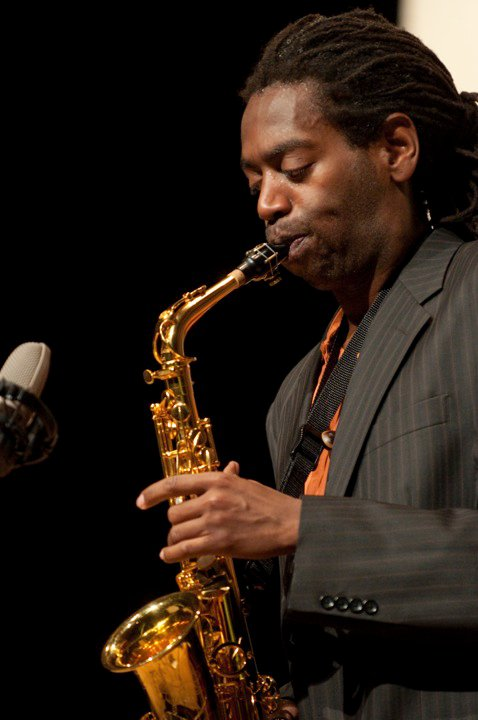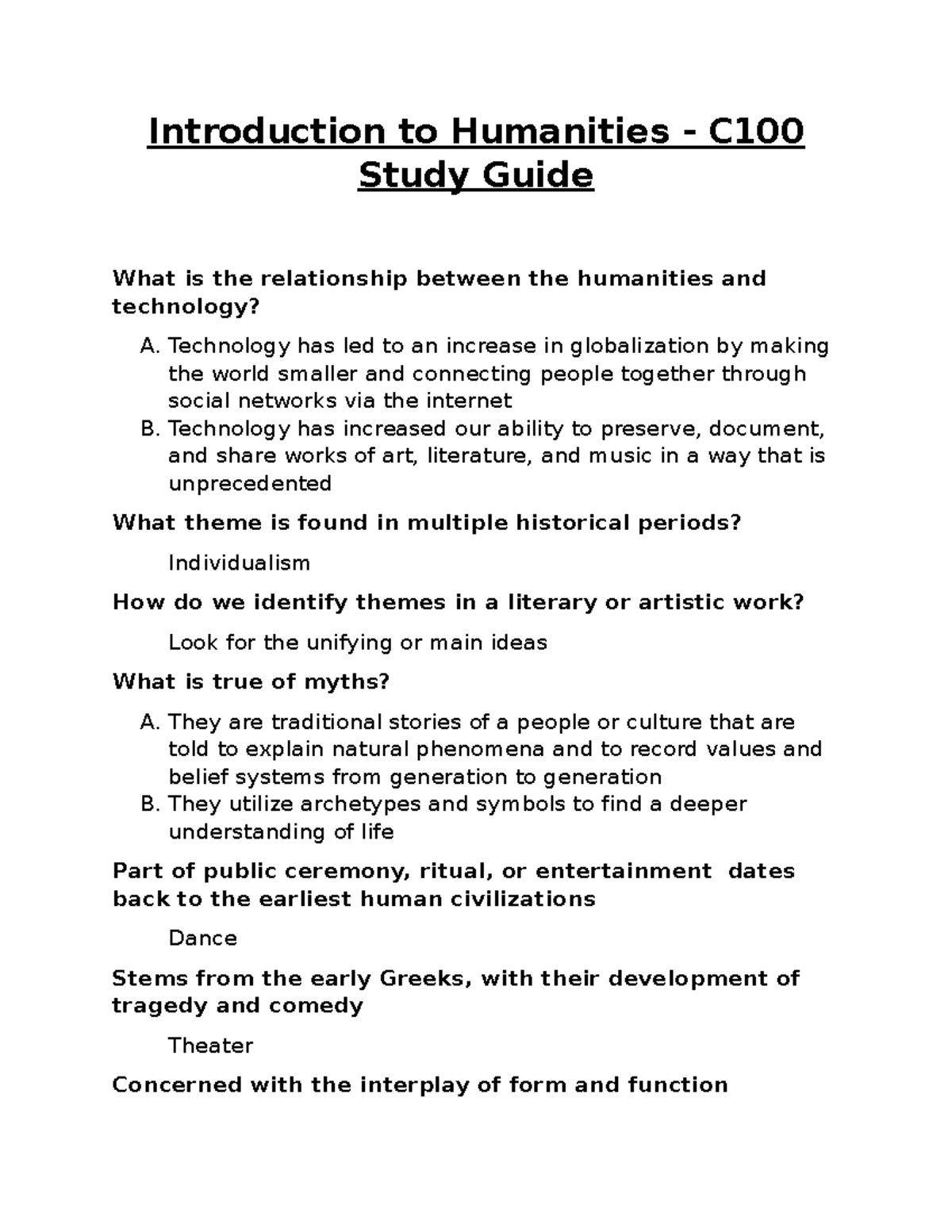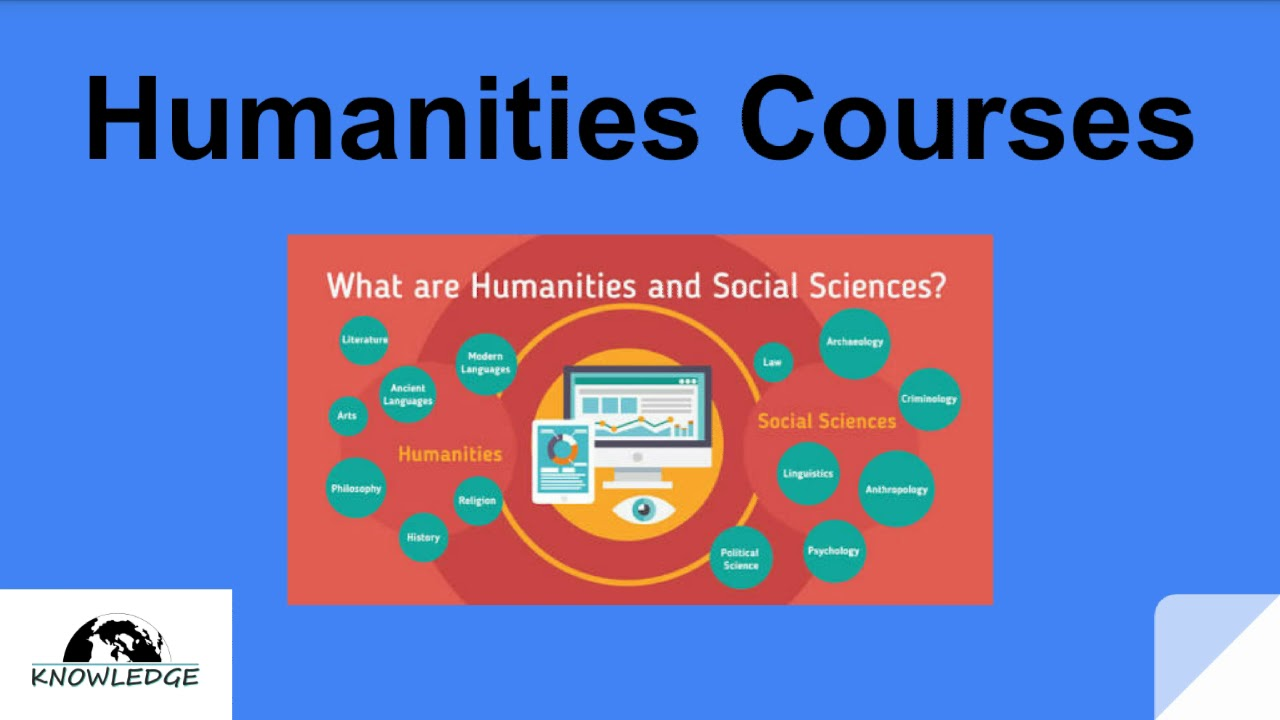Yosvany Terry, an acclaimed musician and cultural ambassador, vividly illustrates the dynamic interplay between Afro-Cuban music and West African music traditions. His work as a senior lecturer at Harvard Arts demonstrates a dedication to exploring the rich tapestry of Cuban jazz, which is deeply woven with threads from Africa. Over the years, Terry’s research has shed light on how cultural identity is preserved through music, even amid historical upheavals like the transatlantic slave trade. By bridging the gap between the vibrant rhythms of Benin and the spirited sounds of Cuba, he not only enriches his students’ learning experiences but also contributes to the broader understanding of the African diaspora’s impact on the arts. As Terry prepares for his upcoming performance on May 1, he invites audiences to witness the fruits of his exploration into the roots of music that define our cultural landscape.
Yosvany Terry’s musical journey reflects a profound commitment to uncovering the connections between distinct musical traditions. Through his research and performances, he engages with not only Cuban jazz but also the broader narrative of how West African roots have shaped musical identities across the Americas. As a passionate educator, he emphasizes the importance of cultural heritage in the arts and advocates for the integration of diverse musical expressions into the academic curriculum. His upcoming performance event “Imaginary Dialogues: Dahomey” embodies this vision, offering an opportunity for audiences to engage with the historical dialogue between music and cultural identity. In an era where cultural exchange is increasingly vital, Terry’s work serves as a bridge linking different continents and traditions.
The Interconnection of Afro-Cuban Music and West African Tradition
Yosvany Terry’s research illuminates the rich tapestry of cultural exchange between Afro-Cuban music and West African musical traditions. The rhythms, instruments, and expressive styles present in contemporary Cuban music often trace their lineage back to the ancestral sounds of West Africa. This intersection is crucial for understanding how African diasporic identity has shaped not only the music of the Caribbean but also its communal and ceremonial practices. For instance, the use of drumming patterns in Cuban rituals often mirrors those found in traditional ceremonies in Benin, underscoring the continuing legacy of these cultural ties.
The preservation of these musical traditions is also a testament to the resilience of cultural identity amidst colonial oppression. In both regions, music serves as a vessel for storytelling, collective memory, and resistance. By exploring this musical lineage, Terry and his students delve into the meaning and significance behind the rhythms and melodies that have traveled across oceans and generations. This research resonates deeply with the broader themes of cultural identity and heritage, making it essential for students to grasp the profound connections that shape their identities today.
Yosvany Terry’s Contribution to Music Education at Harvard
As a senior lecturer and director of the Harvard Jazz Ensembles, Yosvany Terry plays a pivotal role in integrating Afro-Cuban and West African musical influences into academia. His commitment to expanding students’ understanding of these traditions is evident in his teaching methodology, where he emphasizes experiential learning through direct engagement with cultural practitioners. Terry offers students exposure to primary source materials and firsthand experiences, fostering an environment where historical context and personal narrative enrich their education in music and cultural studies.
Moreover, Terry’s collaborations with artists from diverse backgrounds exemplify the synergy between departments at Harvard. By inviting guest artists of Afro-Latin descent to partake in educational workshops and performances, he opens students’ eyes to the vast landscape of global music traditions. This approach not only enhances their musical education but also nurtures a sense of cultural appreciation and identity among students, encouraging them to advocate for a broader understanding of the arts in our contemporary society.
Through events like ArtsThursdays, Terry actively promotes the visibility of Afro-Cuban music within the Harvard community. These performances foster collaboration among different disciplines, showcasing how arts can bridge cultural gaps and foster dialogue about identity, heritage, and resistance throughout history. As such, Terry’s work is instrumental in positioning the arts as a means for cultural exchange and education, ultimately shaping a more inclusive perspective in academic and community settings.
Cultural Identity and the Preservation of Musical Traditions
Yosvany Terry’s work reflects a profound understanding of how cultural identity is preserved through music. His experience in Benin highlighted the intricate ways that musical styles have developed as forms of resistance and assertion of identity by marginalized communities. These traditions, rooted in historical struggle and resilience, are not only expressions of artistic creativity but also serve as vital connections to ancestral legacies. In exploring these themes, Terry bridges the gap between academic study and lived experience, offering students an enriched perspective on the dynamics of cultural identity.
The process of preserving these musical traditions is a critical aspect of Terry’s research. He emphasizes that music can be a powerful tool for reclaiming and celebrating identity in the face of historical forces that sought to erase it. This is evident in the practices of musicians who blend traditional African rhythms with contemporary styles, thus creating a dialogue between past and present. Terry’s initiatives in teaching aim to equip students with a deep understanding of their cultural origins and how these influences shape the global music landscape today.
Exploring New Avenues in Jazz through Afro-Cuban Influence
Yosvany Terry’s exploration of Afro-Cuban music not only impacts his performances but also inspires new compositions and creative experiments. By examining the convergences between Afro-Cuban rhythms and American jazz, he opens new pathways for artistic expression that challenge conventional boundaries. This innovative approach allows students to experiment with fusion genres that have emerged from the interplay of different musical traditions. His ongoing projects, including an opera about a pivotal figure in Cuban history, illustrate how historical narratives and musical forms can intersect to create compelling works of art.
Terry’s work embodies a commitment to expanding the jazz genre itself, showcasing how the incorporation of various cultural elements can enrich musical dialogue. Through performances and educational programs, he encourages young musicians to embrace their multicultural heritage while pushing the envelope of creativity. By integrating West African influences into jazz, Terry not only reinvigorates the genre but also preserves its dynamic connection to cultural themes, promoting a richer, more diverse understanding of what jazz can be.
The Role of Travel in Music Education
Travel is a cornerstone of Yosvany Terry’s educational approach, particularly in the context of exposing students to real-world musical practices. By visiting countries like Cuba and the Dominican Republic, students have the unique opportunity to learn directly from local musicians and engage in cultural exchanges that deepen their understanding of Afro-Cuban music traditions. These trips offer a transformative experience that transcends traditional classroom learning, allowing students to immerse themselves in the cultural context of the music they study.
Moreover, these travels emphasize the importance of understanding music as a living, breathing practice that thrives in specific cultural environments. Engaging in jam sessions, attending lectures, and participating in workshops with local musicians helps students appreciate the context from which these musical forms arise. This hands-on experience is invaluable in fostering a sense of cultural empathy and social awareness, preparing students not just to be musicians but informed global citizens who appreciate the rich diversity of human expression.
ArtsThursdays: A Gateway to Collaborative Artistic Expression
ArtsThursdays is an innovative initiative that has significantly enhanced the visibility of the arts at Harvard, showcasing the unique contributions of faculty artists like Yosvany Terry. These events serve as a platform for interdisciplinary collaboration, bridging gaps between music, dance, and other art forms. By inviting artists to share their work with the Harvard community and surrounding areas, ArtsThursdays fosters an appreciation for the creativity that thrives within academic institutions and highlights the integral role of the arts in cultural discourse.
During these events, Terry demonstrates the direct connection between research and performance, illustrating how academic inquiry shapes artistic expression. By incorporating elements from his research in Benin and Cuba into performances, he emphasizes the act of storytelling through music, demonstrating the full cycle of artistic creation. This blending of research and performance not only enhances the learning experience for students but also encourages dialogue across disciplines, ultimately enriching the cultural fabric of the university community.
Yosvany Terry: A Champion for Cultural Preservation
Yosvany Terry stands as a champion for cultural preservation, using his platform to advocate for the recognition and appreciation of Afro-Cuban and West African musical traditions. His commitment to research and education allows him to share invaluable knowledge about the historical significance of these musical forms, ensuring they are not lost to time. Through collaborations with scholars and musicians, Terry is actively working to document and disseminate these traditions, empowering future generations to connect with their cultural heritage.
The importance of preserving cultural identity extends beyond music; it shapes community dynamics and fosters a sense of belonging. Terry’s work embodies this spirit of advocacy, as he strives to create awareness about how cultural practices, shaped by historical context, influence identity formation in contemporary society. By imbuing his students with a passion for cultural preservation, he ensures that they not only carry forward the legacy of their ancestors but also become active participants in the ongoing dialogue surrounding cultural identity in the arts.
Collaboration Across Disciplines: The Future of Arts at Harvard
Collaboration is a key theme in Yosvany Terry’s vision for the future of the arts at Harvard. By working with colleagues from diverse fields, such as electrical engineering, he seeks to explore innovative methods for integrating technology into artistic practice. This interdisciplinary approach offers students a glimpse into the possibilities that arise when art intersects with science and technology, fostering creative problem-solving and new avenues for artistic exploration.
The potential for collaboration also extends beyond the university, as Terry aims to connect with various artistic communities. By forming partnerships with local artists and institutions, he facilitates a richer exchange of ideas and cultural practices that can stimulate creativity. This collaboration is essential in ensuring that the arts remain vibrant and relevant in an ever-changing world, allowing students to engage with a broader spectrum of artistic expression that reflects their diverse identities and experiences.
Yosvany Terry’s Legacy and Hope for Future Arts Education
As Yosvany Terry reflects on his decade-long tenure at Harvard, he envisions a future for the arts that is inclusive, dynamic, and deeply interconnected with cultural heritage. His legacy will be defined by his contributions to music education, emphasizing the importance of understanding and preserving Afro-Cuban and West African traditions. By inspiring students to explore their cultural roots and engage with diverse musical practices, Terry hopes to create a generation of artists who are not only skilled performers but also informed cultural advocates.
Looking ahead, Terry seeks to ensure that the arts at Harvard continue to evolve, adapting to the needs and aspirations of students from various backgrounds. He emphasizes the need for ongoing initiatives that invite diverse voices and promote collaborative projects that enrich the learning experience. This commitment to cultivating an artistic community that values cultural diversity and encourages creativity will be crucial in maintaining a vibrant arts presence at Harvard and beyond.
Frequently Asked Questions
What contributions has Yosvany Terry made to Afro-Cuban music?
Yosvany Terry has significantly enriched Afro-Cuban music through his research and performances that explore the intersection of Cuban jazz and West African musical traditions. His efforts to preserve cultural identity through music are evident in his compositions and educational initiatives, particularly at Harvard University.
How does Yosvany Terry incorporate West African music into his work?
Yosvany Terry incorporates West African music into his work by researching its roots and connections to Afro-Cuban traditions. His travels to Benin allowed him to collaborate with local musicians, enriching his understanding and artistic expression in jazz, thereby fostering a greater appreciation for cultural identity in his performances.
What is the significance of Yosvany Terry’s research on cultural identity?
Yosvany Terry’s research on cultural identity highlights the importance of safeguarding traditions through music, particularly in the context of the African diaspora. By examining the links between West African and Afro-Cuban music, he brings awareness to how these connections shape personal and collective identities.
How does Yosvany Terry’s role at Harvard impact Cuban jazz education?
As a senior lecturer and director of the Harvard Jazz Ensembles, Yosvany Terry profoundly impacts Cuban jazz education by integrating Afro-Latin traditions into the curriculum. He provides students with unique insights into the evolution of jazz and fosters cross-discipline collaborations that enhance their musical understanding.
What can we expect from Yosvany Terry’s performance at ArtsThursdays?
At the upcoming ArtsThursdays event, Yosvany Terry will showcase his research-based performance titled ‘Imaginary Dialogues: Dahomey,’ which connects his findings from West Africa to Afro-Cuban music. The performance will also highlight collaborative elements and the cultural dialogue inherent in his works.
How is Yosvany Terry shaping the future of jazz at Harvard?
Yosvany Terry is shaping the future of jazz at Harvard by expanding the program’s inclusivity and diversity, inviting renowned jazz masters from various backgrounds, and fostering educational travel opportunities for students. His initiatives not only enhance musical education but also cultivate appreciation for different cultural influences in music.
What influence does Yosvany Terry see between Afro-Cuban music and American jazz?
Yosvany Terry sees a deep influence between Afro-Cuban music and American jazz, as both genres share roots in African musical traditions. His research emphasizes how the African diaspora has profoundly shaped the evolution of jazz, allowing for rich cultural exchanges that continue to influence contemporary music.
| Key Point | Description |
|---|---|
| Research Journey | Yosvany Terry researched the musical connections between Benin and Cuba, engaging with local musicians to understand cultural traditions. |
| Cultural Preservation | The research highlights how African musical traditions were preserved during the slave trade and their deep influence on jazz and other Caribbean music genres. |
| Teaching Impact | Terry aims to bring his findings into the classroom, enriching students’ understanding of music’s role in identity and culture. |
| ArtsThursdays Importance | Terry’s performance on May 1 will connect his research with the wider community and showcase collaborative arts initiatives at Harvard. |
| Future Aspirations | Terry looks to expand the jazz program at Harvard, emphasizing collaborations across disciplines and the inclusion of diverse musical traditions. |
| Documentary Project | In collaboration with filmmaker Davey Frankel, Terry is creating a documentary linking the history of Dahomey to modern jazz influences. |
Summary
Yosvany Terry’s journey in researching musical traditions not only unveils the rich cultural connections between Benin and Cuba, but also emphasizes the vital role of music in preserving identity. Through his teaching and performances, Terry aims to inspire a new generation to appreciate and continue the legacy of these traditions, enriching both the music scene and cultural dialogue. His initiatives at Harvard, particularly the ArtsThursdays series, underscore the importance of collaborative efforts in the arts, fostering a deeper understanding of cultural diversity and its impact on contemporary music.




